| As an “non-traditional” UNLV undergrad aspiring to be a high school English teacher I spend a lot of time reading. Since Dr. Bickmore’s YA Lit course I have focused most of that time on the YA genres. Being a poor undergrad student (living off the VA) I have ended up mostly using my Kindle and it’s Kindle Unlimited program. That is how I came across The Cronos Files series by Rysa Walker, a story of a girl, Kate, who must travel through time to stop her maternal grandfather from turning a small turn of the 20th century cult into the largest religion in the world and the extermination of all “non-believers” in the early 21st century. |
|
I am continuing to support student voices as 2018 continues. This week, I am providing Josh with an opportunity to share some of his thinking about young adult literature. If other academics out there have students who would like to talk about their experience, please let me know. I would love to highlight a student at least every month. After sitting through Dr. Bickmore’s class and reading while looking for his areas of concern (Race/Class/Gender), I found multiple appearances of the race and class subsets the Dr. Bickmore insisted on looking for, but what really got me was the historical items brought up with concern to gender. The first thing that really got my attention I have tried to fact check, since it is history and I personally believe in spreading the real version. In the second book, when Kate arrives in 1938 and the question on women voting is brought up. In 1938 women had the right to vote, so Kate asks why the women in Georgia would have to follow their husbands. Her companion Kiernan tells her that husbands tell their wives who to vote for of sometimes go into the voting booth with their wives to ensure the women follow orders. While I was unable to find evidence of this, I also have a hard time thinking that, at least in rural areas, this was not the case. Back then the idea of having a wife that disagreed with the will of her husband seemed atrocious. I wouldn’t doubt that some of the same men who fought hard to ensure women wouldn’t get the right to vote would have also worked to control who the women voted for when they received that right. On the same train of thought, the third book brings up a woman that even the book admits is not mentioned in schools today, Victoria Woodhull. She was the first woman to run for president in 1872, well before women could even vote. Kate ends up visiting her in her journey to stop her grandfather (really, I think it was a ploy to bring forward long forgotten history but I’m not complaining). I found this to be something that is needed in high schools today. Whenever there is talk about the hardships of the time between the Civil War and WWII all that is typical taught is the situation of minorities (something that does need to be covered) or the period is glossed over quickly. In either case, rarely do students hear about the long list of women in those times that fought to bring equality to all. This series appealed to me with the deep first-person testimonies of historical events that are not really taught. Not to go into too many details the big points of each book 1) Chicago Worlds Fair 1893 and H. H. Holmes. 2) 1938 Georgia and a possible lynching of a black man for hitting a white man. 3) 1872 Visiting Victoria Woodhull. These are mentioned in detail that shows that Ms. Walker does her historical research. Details of Holmes’ “Murder Castle” and the struggles Kate has to escape bring the reader in and would entice a student to do further research. Her description of the lynch mob and how news of the fight has them riled up are twisted to the point that even those who saw it are willing to believe the lies. All of these details paint a clear view of early 20th life in a way that entertains while educating. The same goes with the interaction between Kate, Victoria, and the police that constantly arrest Victoria for just speaking her mind. All-in-all this series serves the purpose that many of my professors have said the new mission of English classes in the modern common-core/standardize testing atmosphere where only English and math are tested. Since English is the way for the test-makers to form tests in the social sciences these novels give the added benefit of having actual little-known history embedded in them and, at least to the curious students, will lead to questions and discussions in social studies. Maybe knowing about the first woman to run for president and looking into he political views will help advance a student into a higher calling or at least help breed questions for them to ask as they move on through their lives.
|
Dr. Steve Bickmore
|
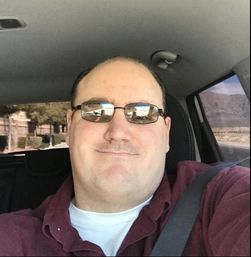
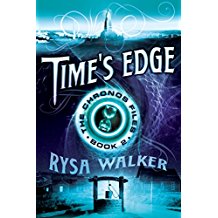
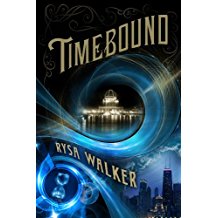
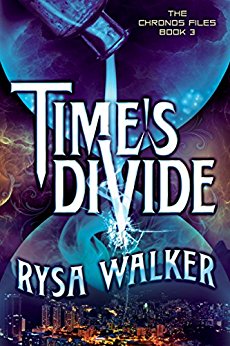
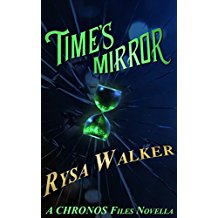
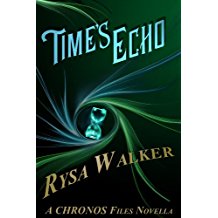
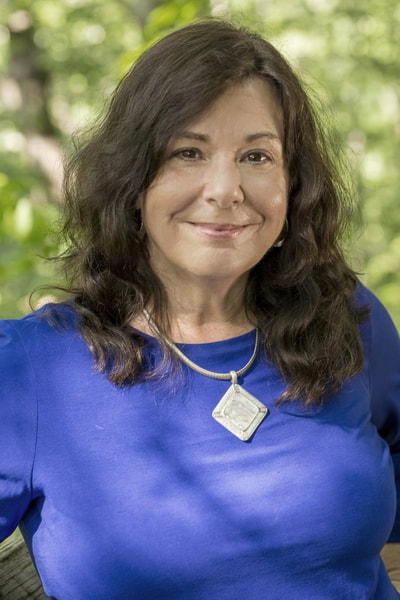
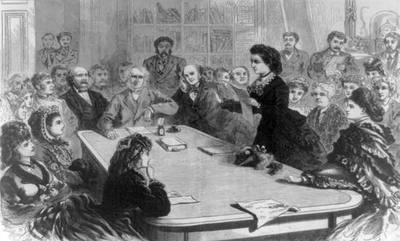
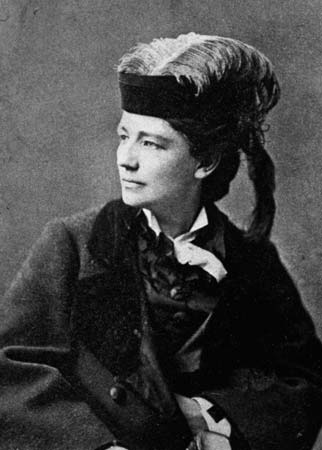
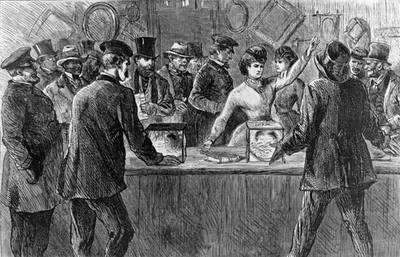

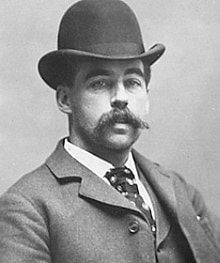
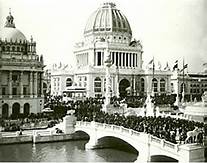

 RSS Feed
RSS Feed